The best portrait photography is candid. Better still: Something so natural it looks like a still for advertising. Pabak Sarkar evokes both qualities with self-titled “Smartphone Teen”, which takes the Day for clarity, color, contrast, and […]
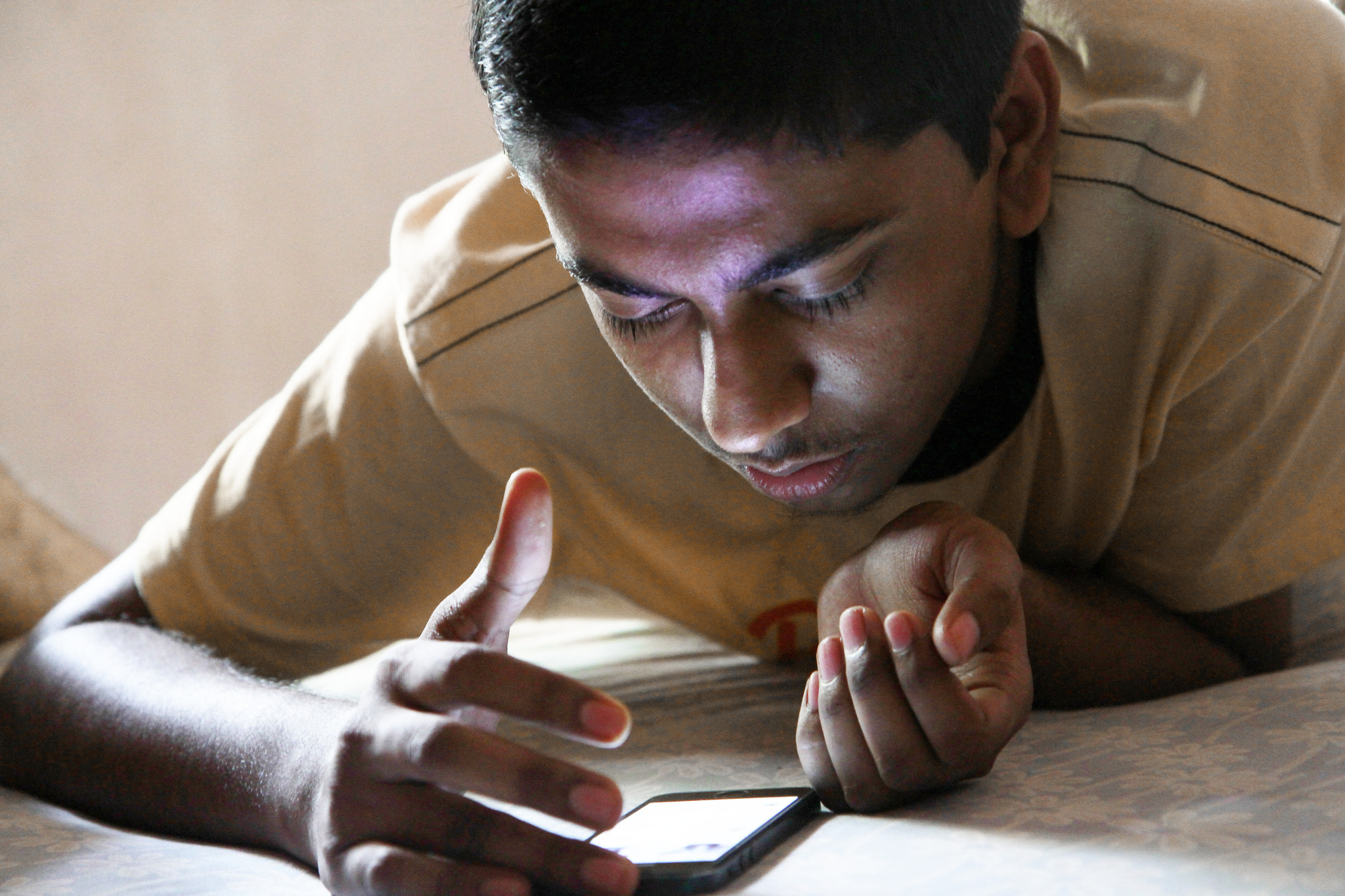

The best portrait photography is candid. Better still: Something so natural it looks like a still for advertising. Pabak Sarkar evokes both qualities with self-titled “Smartphone Teen”, which takes the Day for clarity, color, contrast, and […]
I am lucky enough to have three sisters—Laurette, the youngest, and fraternal twins Annette and Nanette—but no brother(s). Nan, who is the tech savviest, rang on May 22, 2015, saying she had reached the inflection point of frustration finding apps she wanted or absolutely needed for the Nokia Lumia Icon purchased from me during summer last.
From Day 1, she praised the utility and usability of the user interface, attractive but sturdy design, and amazing hardware capabilities, which include the quality of images produced by the camera. But pushing a year later, with Windows Phone 8.1 installed and little improvement in the selection of apps that matter, She’d sacrificed enough.
Nan asked my advice about a replacement. Should she return to iPhone (she used the 4 before Icon) or get an Android? Her user story illuminates what can happen when someone entrenched in the Microsoft ecosystem raises his or her head above ground and sniffs the Android and Apple air.
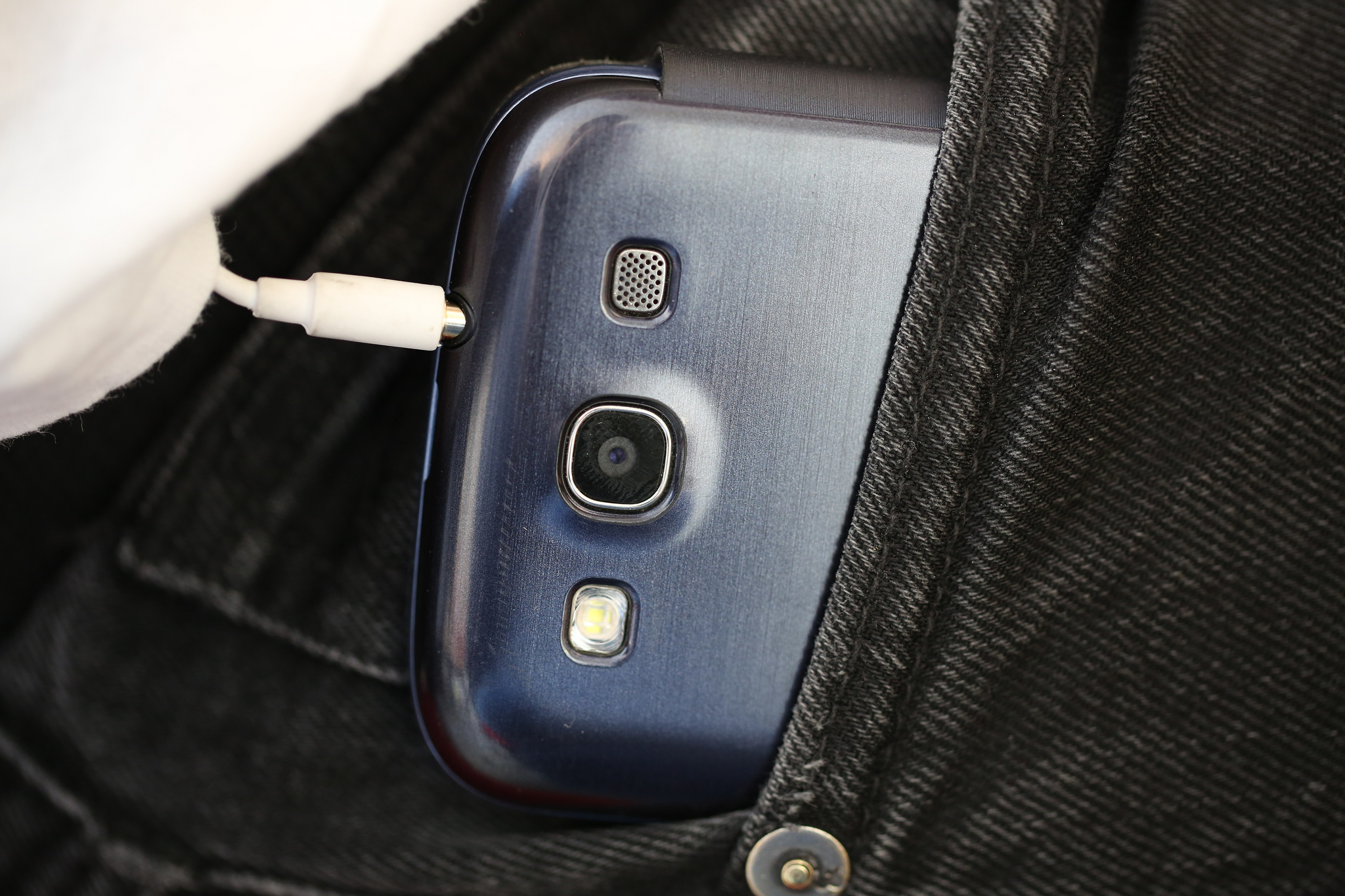
I love my Nexus 6. This morning, while waking to the rush of caffeine from steaming coffee, I read headlines on the device. “I’m Phed Up With Phablets: They’re too big to prevail” caught my attention. The short commentary, by Brian Rubin for ReadWrite, rails against the bigger-is-better-smartphone trend. Screen on my cellular is massive: 6 inches, and I forever promised myself to never use a phone so large—until I did and converted. Much as I enjoy using the N6, for which I can still manage many operations one-handed, smaller would be my preference. Perhaps yours, too.
Big isn’t necessarily better and reverses a longstanding trend in the other direction. Does no one recall when using a smaller phone was chic? Consider the StarTAC, which was a huge hit for Motorola going into the late 1990s. I remember when seemingly everyone used one of the diminutive cell phones. Smaller was better—and if there was real innovation in mobile device design shrinking size would be again.
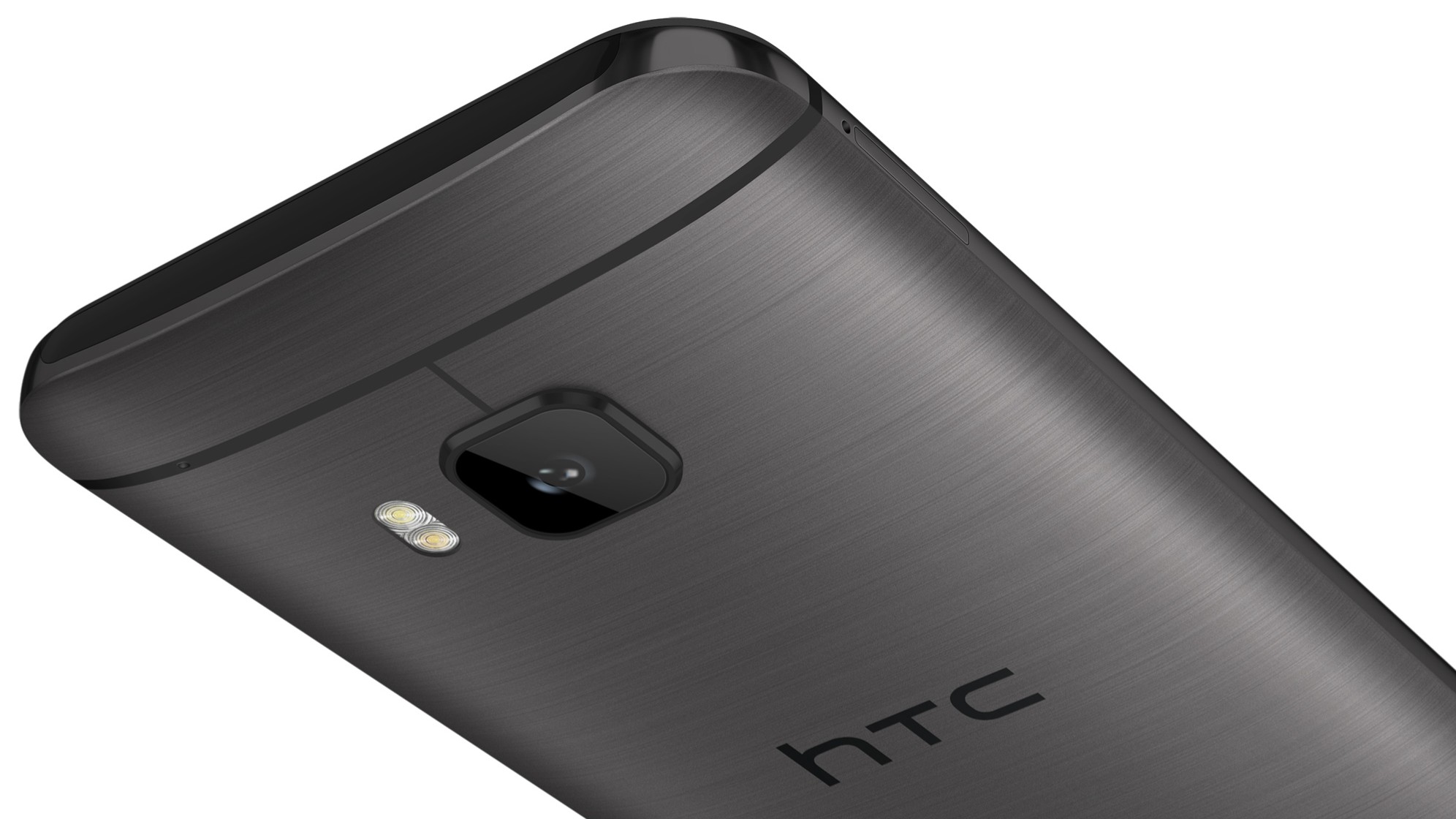
Some advice for HTC and other mobile device makers: You need to adapt your PR strategy to the modern web. Seeding devices to so-called professional reviewers is a lose-lose strategy. There you should take cues from Motorola, which marketing strategy, while by no means perfect, depends more on the many rather than the few.
Today, as expected, the HTC One M9 launched on Mobile World Congress Day 0. I am struck by two early reviews, which couldn’t be more different in their assessment—and one surely is quite damaging to perceptions about the smartphone: “HTC One M9 hands-on: Improved craftsmanship, camera, and HTC Sense are compelling” by Matthew Miller for ZDNet and “HTC’s One M9 is the world’s most beautiful disappointment” by Vlad Savov for The Verge. Matt had the device for a day and Vlad for a week. Neither narrative is ideal for HTC, although ZDNet’s is closer to identifying benefits that matter, as opposed to The Verge highlighting features that aren’t.
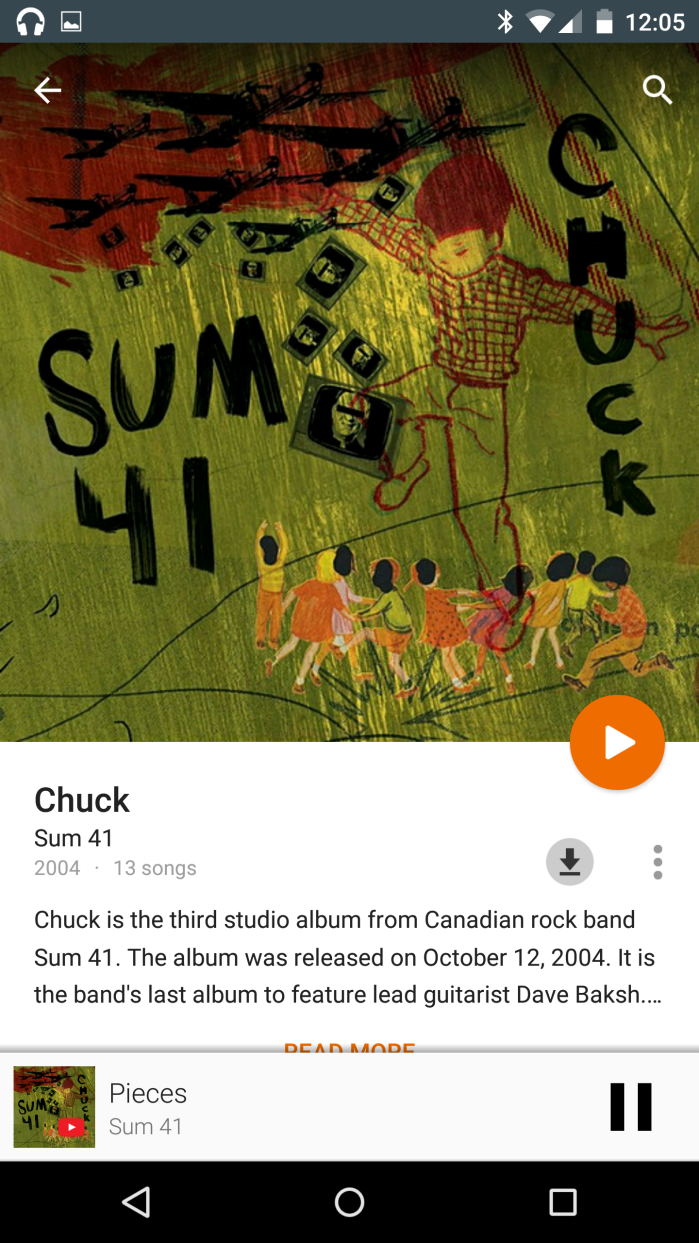
Compressed audio gives up so much, I am surprised by the fidelity Nexus 6 gives back. Shocked is better word. I ordered the smartphone from T-Mobile on January 21 and received it the following day. As I will explain in my forthcoming review—tentatively planned as an “I love you” post on BetaNews (and here), Nexus 6 is amazing. I haven’t enjoyed using a handset this much in years. The overall user experience is spectacular.
My audio expectations were modest, when first connecting my Grado Labs Rs1e headphones and streaming from Google Music. Soundstage and detail exceed streaming from iTunes to iPhone 6, or—I do not lie—listening to music stored on MacBook Pro SSD. The differences in detail are shockingly apparent. On all three devices, graphic equalizer is not enabled.
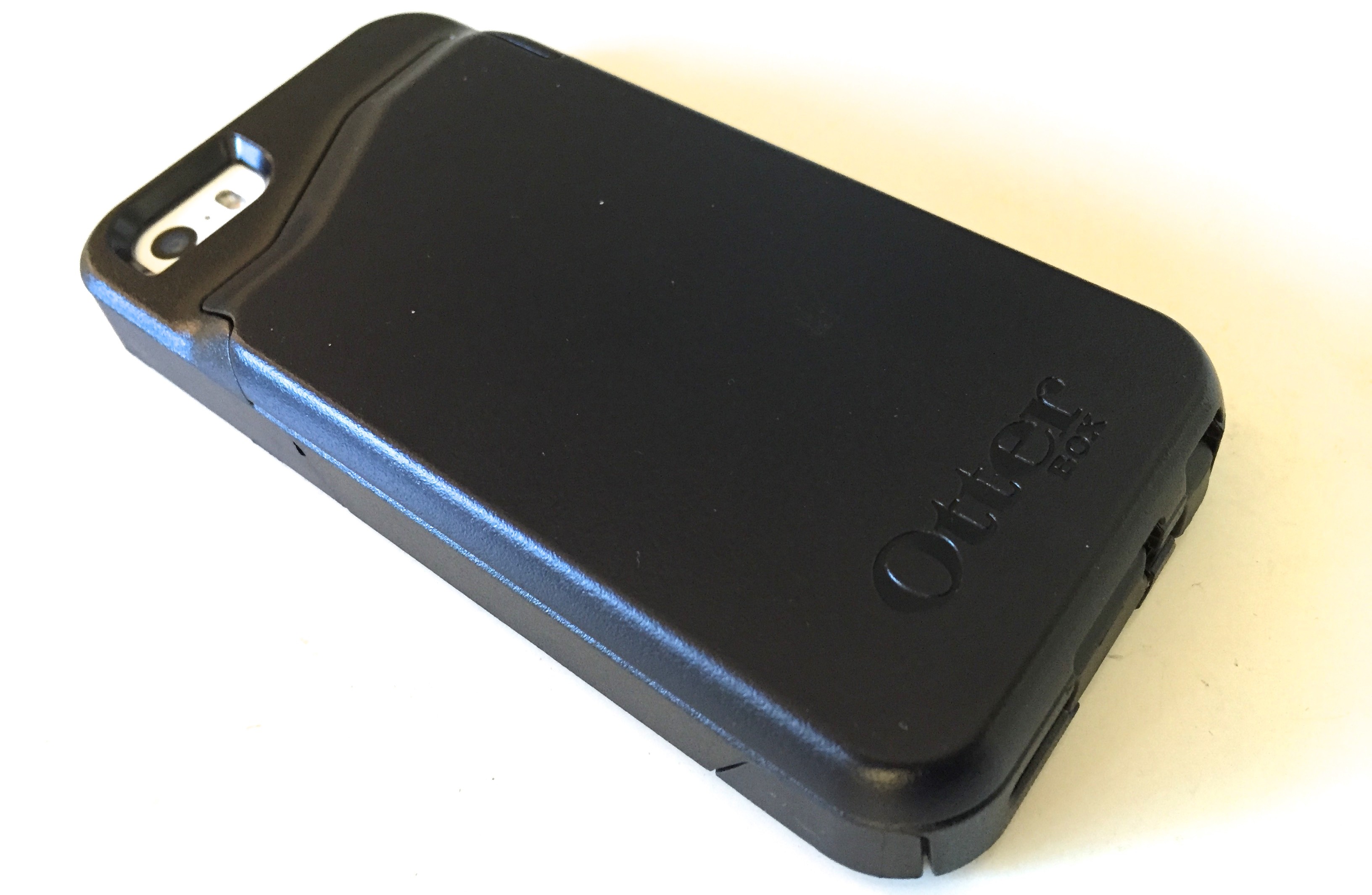
Do you remember the old Nokia bricks—even the Finnish manufacturer’s early smartphones? They were tanks. They were the Arnold Schwarzeneggers of mobiles—handsome and rugged. Then along came iPhone, and beauty bested brawn. Eight years after Apple cofounder Steve Jobs showed off the first prototype during January Macworld, design ethics applied to the original curse millions of iPhone owners today. The mobile is too destructible.
In July 2014, I wrote about my 20 year-old daughter’s breakage streak: Three shattered iPhone 5s screens in about three months. The photo you see, taken on Christmas Day, is what her newest replacement looks like today. What’s wrong with this picture? Need I even ask? The mobile’s delicate design features are lost in protective gear that shouldn’t be necessary. iPhone is flawed by design.
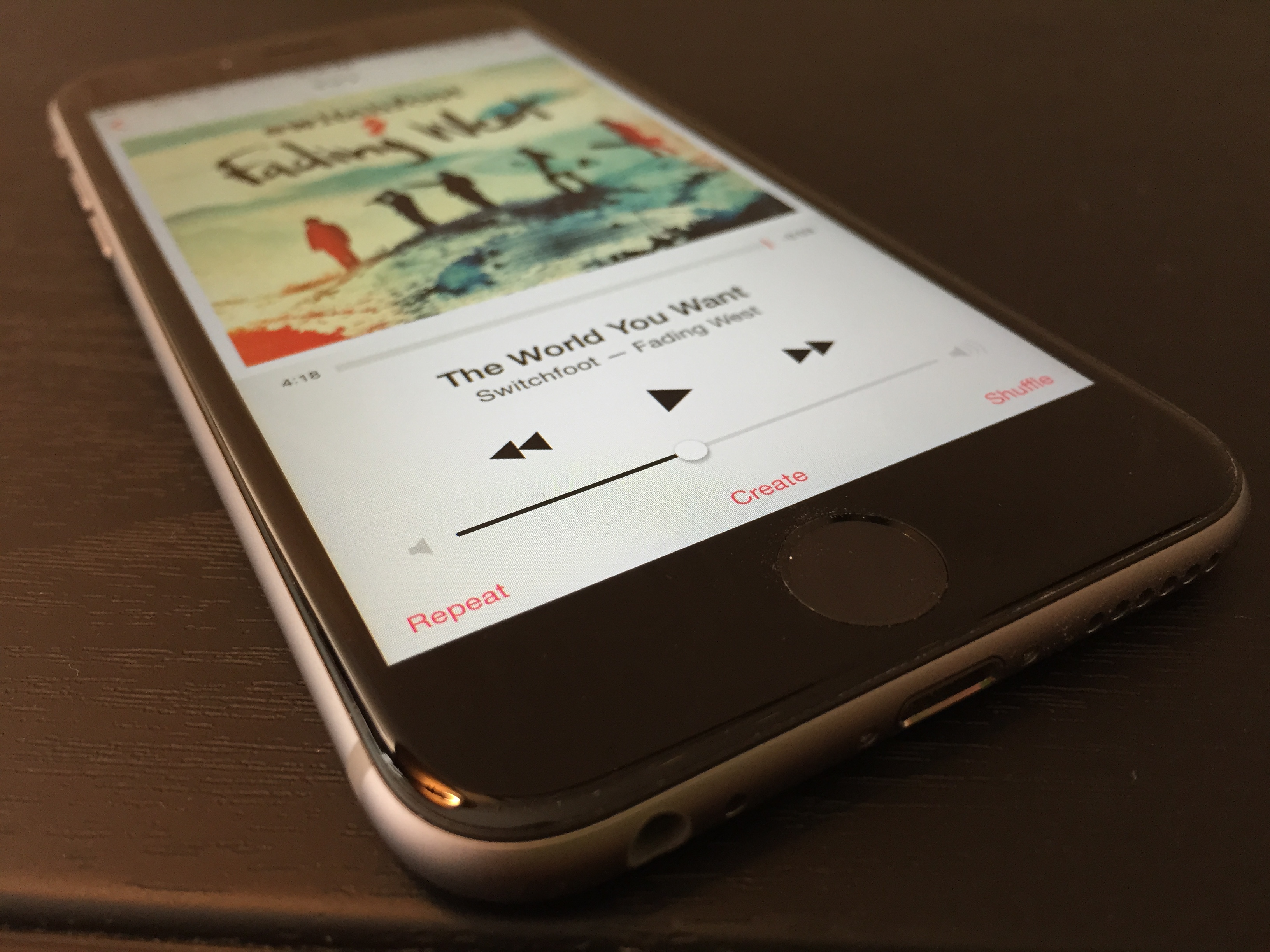
Oh the irony! I got up yesterday morning planning to write a version of the post you read now, choosing instead to look back at readers’ life-changing tech. The trigger: Motorola starting the New Year with a 64GB Moto X model and my previous day’s personal tech devices wrap-up, which got me to thinking abut smartphone differentiation. Processing power, graphics chips, and the like are passé. Who really cares but a minority of gadget geeks? But storage matters to everyone, and Apple gets it—as iPhone 6 and 6 Plus capacities demonstrate.
My feeds are full of reports this morning about a lawsuit filed against Apple alleging that iOS 8 consumes too much storage and, as such, the company misrepresents the amount available. I would have looked so smart writing yesterday about how much Apple gives that competitors don’t (well, to anyone who like me missed the first reports two days ago). That’s okay, now my analysis has a news hook. The point, for people reading no more than two paragraphs of any story: iPhone 6 capacities outclass competitors, and the problem of operating systems consuming much of available storage isn’t new or exclusive to the fruit-logo company. Just look to Google and Microsoft, for example.

Three weeks ago, at BetaNews, I asked “What tech changed your life in 2014?” Readers answered there and on Google+. As the new year starts, I wonder what will make all our lives better. Apple Watch? I doubt it. Shake me awake from the nightmare if the wearable isn’t the most successful flop of 2015. Windows 10? Skipping nine is a good sign, but is giving users more of what they don’t want to let go life changing? Eh, no.
At the precipice of looking ahead, this is a last look behind. Once Consumer Electronics Show leaks and early announcements rush the InterWebs, all eyes will turn forward—blind to what many people have, focusing on what they want instead. That’s because “aspiration” is the defining word of the technology era, and the promise if you buy newfangled This or That your life will be better for it. Sometimes the promise is true, but too often not, which is why I asked the important question three weeks ago.
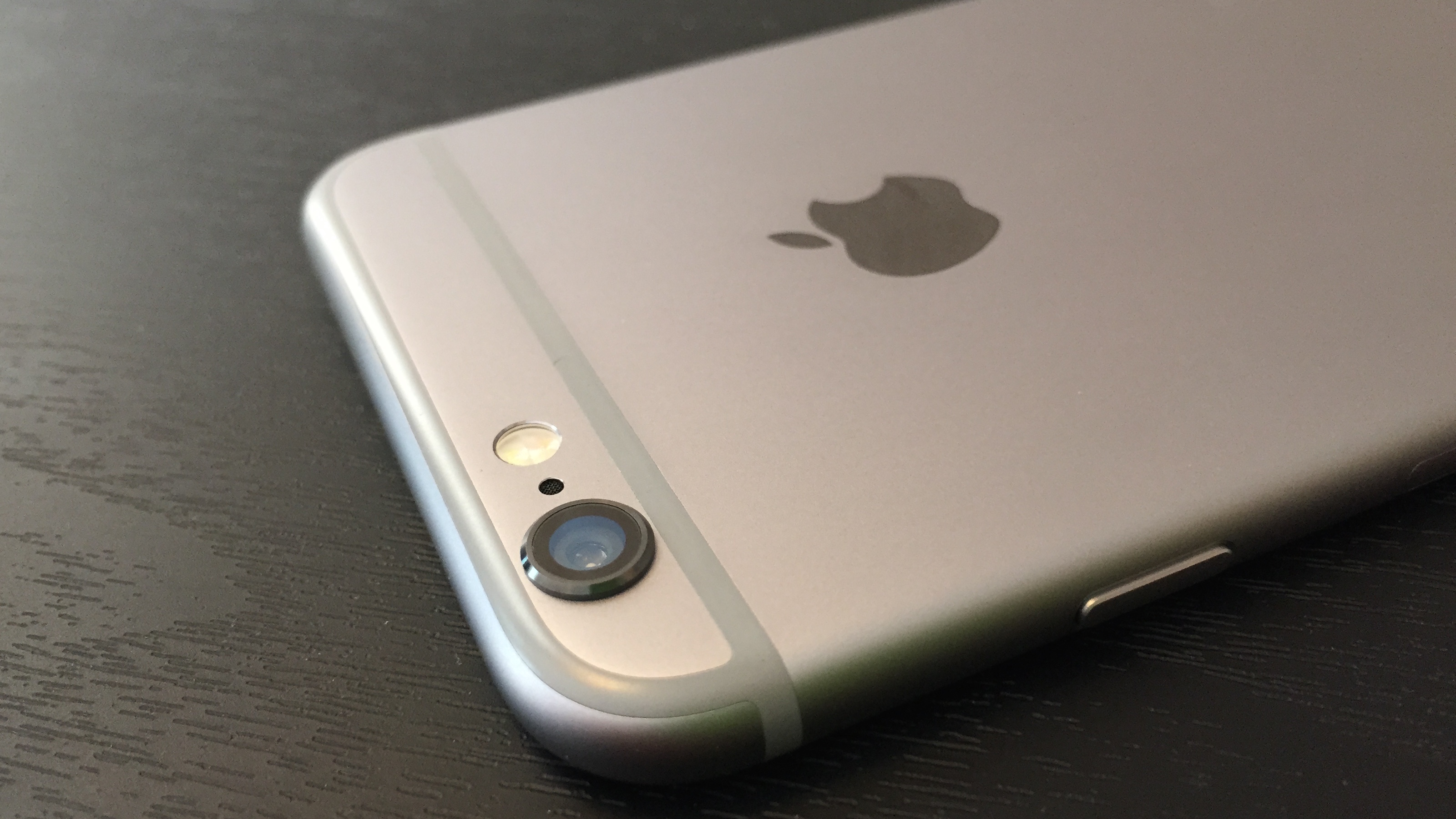
Over the weekend I started to seriously review my photos from Comic-Con 2014. Goddamn, there are some good ones—each and every taken with Nokia Lumia Icon, which is essentially identical to the 930 model reviewed by BetaNews colleague Mark Wilson. He panned the device because of Windows Phone 8.1; I’m in love because of the camera. But sometimes love is lost, and regretted. My sister has the Icon now.
I lug around iPhone 6, which camera by every measure that matters to me is inferior but one—startup shooting speed. Apple’s shooter can’t compete with the Icon. Fanboys will disagree, but, hey, they always will. The difference isn’t fewer megapixels—eight compared to 20—but the intelligence and usability baked into camera and editing app, lens, sensor, and choices the device makes when auto-shooting.
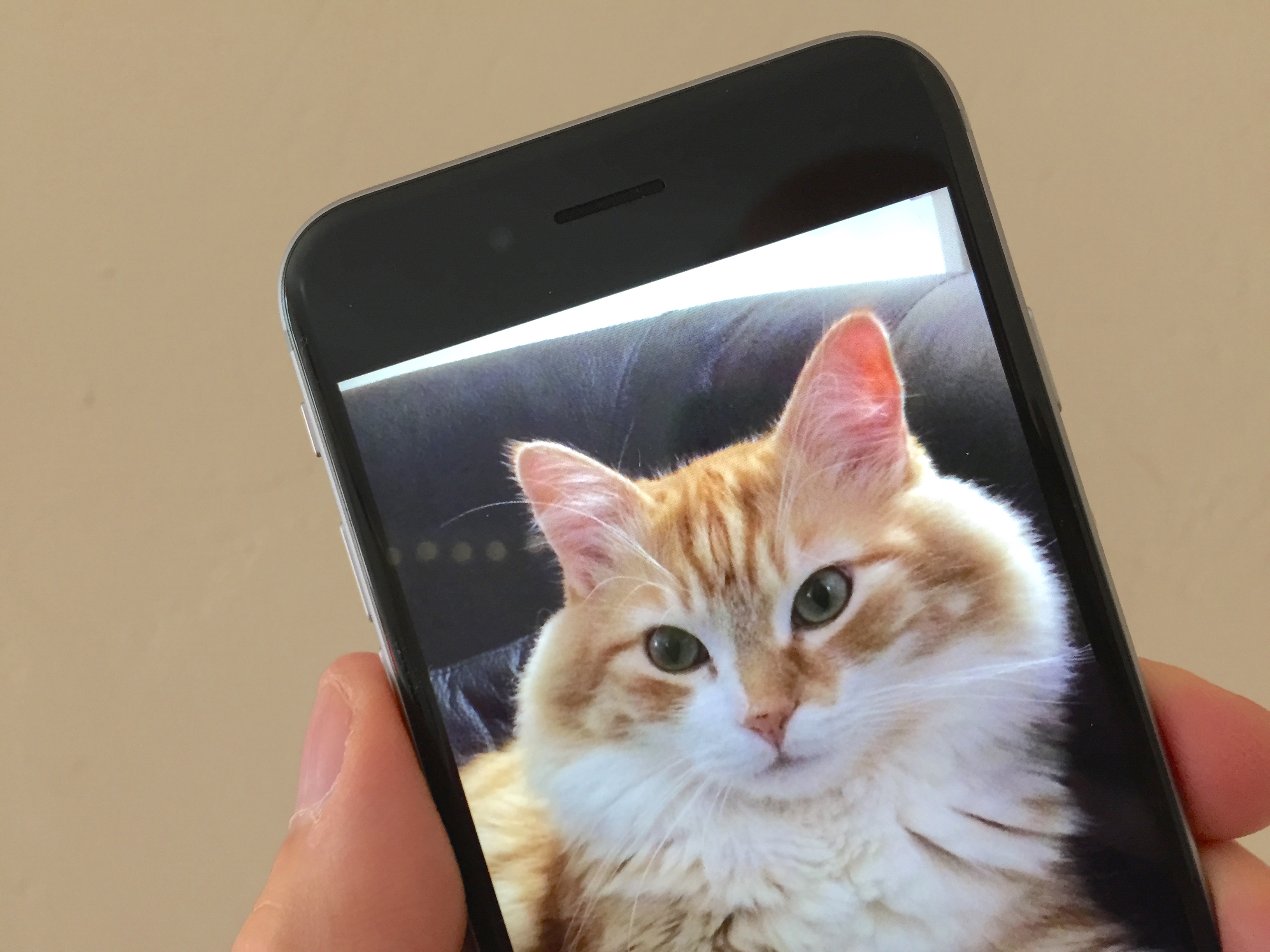
Two weeks ago—and it sure seems longer—I switched to iPhone 6. With my 92 year-old father-in-law three days in the hospital, and ready to be discharged, I thanked my lucky stars for the preorder; standing in line outside Apple Store or the local Verizon shop wasn’t an option on September 19. Luckier still, I spotted and stopped the FedEx truck in the neighborhood on my way to the hospital.
But being at Apple Store, rather than preordering, would have made a difference. After handling iPhone 6 Plus, the larger device appeals to me more. For most people upgrading from older models, the Plus will be too big. I thought the same applied to me, until handling one last week. My first impression was fabulous, starting with the screen and how the device felt in the hand—not too large at all.

Wired hits a homer with an incredible August issue on smartphones. As battery life and utility expand, so does my device’s use as secondary—and sometimes primary—device. Nokia Lumia Icon is all the digital device I carried to San Diego Comic-Con 2014. Snap. Edit. Share. And I took notes during the panels. It’s not a question if my smartphone replaces a PC but when.
Five years ago (this month) I asserted, perhaps a bit prematurely, that “Your Next PC is a Smartphone“. That was before the tablet craze sidelined attention, but I’m convinced the smartphone’s day is come—and so do Wired editors.
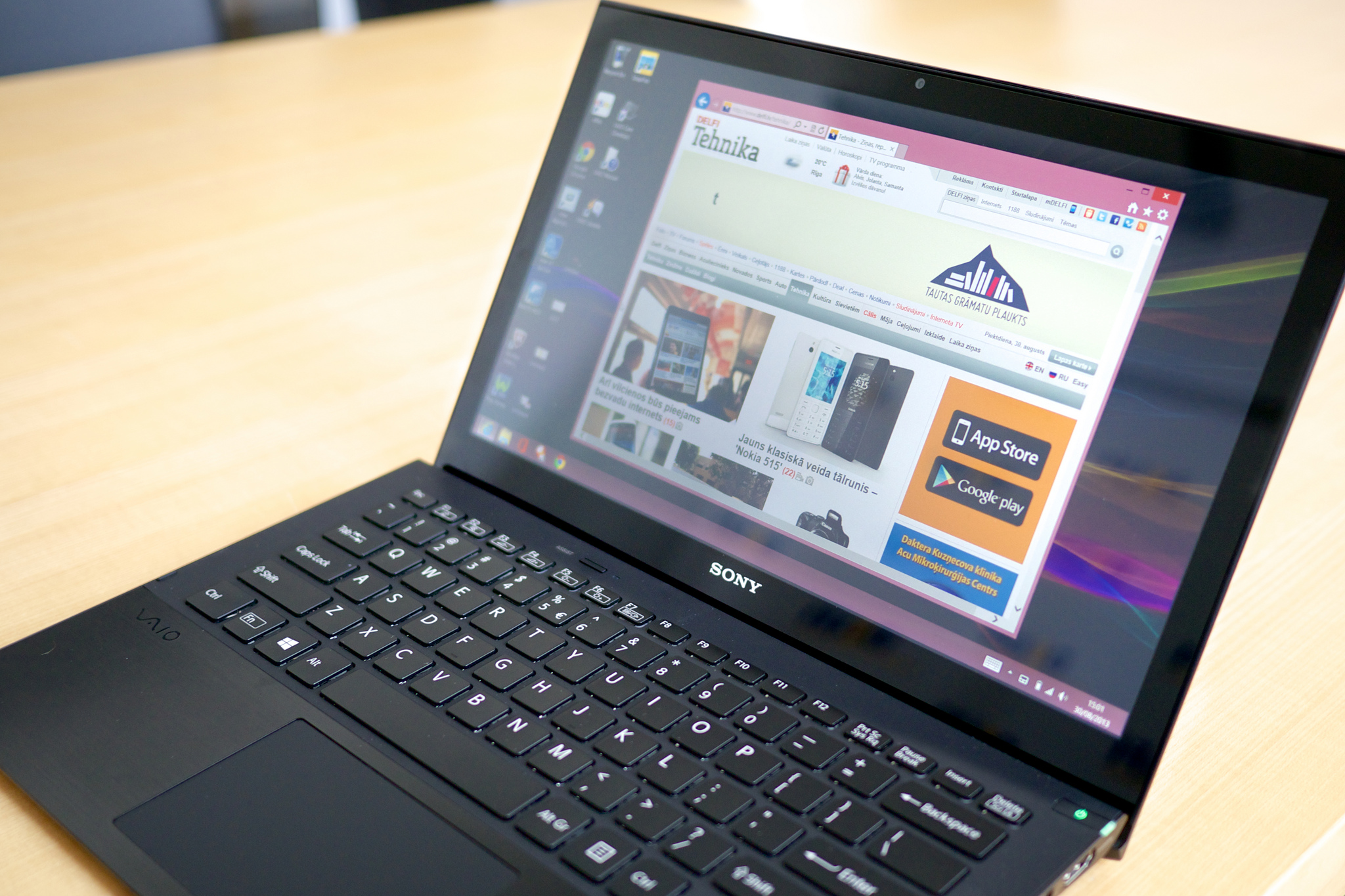
Sony selling its PC business rocks techdom today. I am in process of writing an analysis for BetaNews and decided to excerpt a portion here, posted sooner, that hopefully will help anyone looking for context.
Additionally, because I work on a book about writing well and responsibly online, there is opportunity to refute long-time accusations leveled by aggressive BetaNews commenters. Yeah, the two are related. With that introduction…